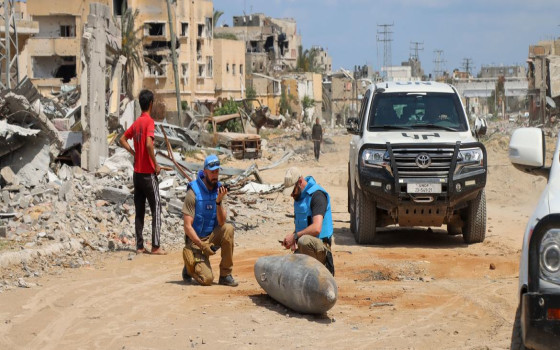
UN officials talk about the dangers of mines and unexploded ordnance in Gaza, Sudan and Ukraine

- Europe and Arabs
- Wednesday , 1 May 2024 14:42 PM GMT
Geneva - Capitals: Europe and the Arabs
Under-Secretary-General for Peace Operations Jean-Pierre Lacroix called for a ceasefire in Gaza as a first step to return the war-torn enclave to some normalcy, while demining experts warned that Gaza was now in its most dangerous period. They also talked about the dangers of mines and unexploded ordnance already in Sudan.
“This is the most dangerous period,” said Mingo Birch, head of the United Nations Mine Action Service in the State of Palestine. “Once people start returning to the north, most incidents will occur, because they will not be aware of where the unexploded ordnance is.” According to what was stated in the United Nations daily news bulletin, a copy of which we received on Wednesday morning
He stressed that it is important that once returns begin, “we are prepared to be able to provide the education they need about the risks.”
These statements came on the sidelines of the twenty-seventh international meeting of national directors and advisors to the United Nations in the field of mine action in Geneva.
Jean-Pierre Lacquer, Under-Secretary-General for Peace Operations and Chair of the Inter-Agency Coordination Group on Mine Action, stressed that a humanitarian ceasefire remains a “priority”, along with providing “further humanitarian assistance to Gaza”, once demining experts and experts see Weapons that it is safe to do so.
37 million tons of rubble in Gaza
Pierre Ludhammer, an official at the United Nations Mine Action Service, said that making the Gaza Strip safe from unexploded ordnance could take 14 years, and that the war left about 37 million tons of rubble.
Commenting on this, the head of the department in the State of Palestine said, “This is more than the rubble in Ukraine. In Ukraine, the front is 600 miles long, while the Gaza Strip is 25 miles long. It is also 87 percent urban, so it is densely built.”
He pointed out that this includes about 800,000 tons of asbestos, “in addition to many other pollutants. The problem is that the rubble in Gaza is more than the space available to distribute it.”
“There were periods of calm, but the bombing was nothing I had ever witnessed before,” Birch said. “I was with a colleague who was in Ukraine in the Ukrainian security forces, and he said the bombing was worse than anything he had witnessed in the Donbas region.”
Rebuilding and removing rubble
To address the issue of rebuilding Gaza after the fighting stopped, Birch cautioned that recycling rubble “will have a significant impact” in any reconstruction process.
He referred to a workshop on “removing rubble” held two weeks ago in Jordan with United Nations agencies, including the United Nations Development Programme, the United Nations Environment Programme, and other partners.
Despite the staggering scale of the upcoming clearance operation, UNMAS has funding of only $5 million. Another $40 million will be needed over the next 18 months just to begin the cleanup process.
The situation in Lebanon
The head of UN peacekeeping operations also warned of the risks of regional escalation amid the ongoing exchange of fire across the Israeli-Lebanese border.
Lacroix added, "Speaking about Lebanon, you know that what must be absolutely avoided is further escalation. That would be devastating, frankly, for Lebanon and the entire region."
Danger in Sudan
Lacroix stated that 60 million people in 60 countries around the world live in constant fear of landmines, explosive devices and unexploded ordnance.
"They don't know if they will get through the day without being hit by a mine or an IED, and they basically don't know if they will live to the next day or if their children or relatives will live to the next day. This is really unacceptable," he said.
Sudan is one of the countries where mines and unexploded ordnance are already a serious problem.
Mohamed Siddiq Rasheed, Head of the United Nations Mine Action Service in Sudan, commented on the impact of the conflict in Sudan, saying, “It is a big change, and it is clear that there is a great danger for civilians because the residents of the capital have never witnessed this kind of war in the history of Sudan.”
"Unfortunately, incidents of unexploded ordnance (explosion) are occurring now. There is some change in terms of access to part of the capital as it is now gradually becoming more accessible. So civilians are not waiting for the mines to be cleared (to return)," he added.
Conflict in Ukraine
Speakers touched on the situation in Ukraine, where Paul Hislop, Director of Mine Action for UNDP Ukraine, spoke about the horrific injuries caused by mines and munitions.
“It's not just the lower limb, as we've seen a lot in Africa over the years, where someone goes out collecting firewood or fruit and steps on the mine and blows his leg off,” Hislop said. “In Ukraine, given the nature and intensity of the conflict, we often see double, triple, or even quadruple amputees.” Many times more infected people are in their twenties and thirties.”
He also pointed out that the economic repercussions of the conflict represent a “billion-dollar problem” for all countries of the world.


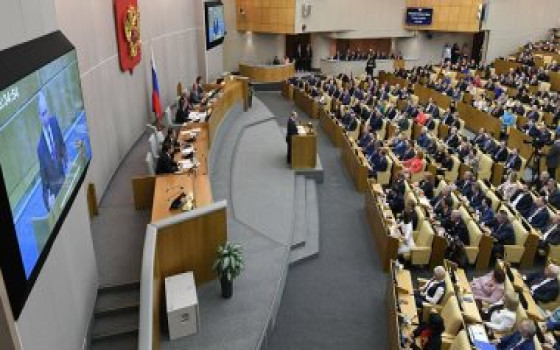
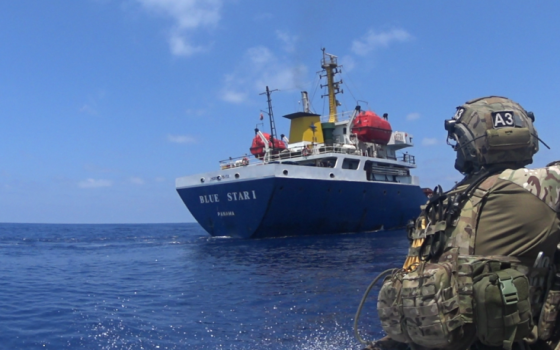
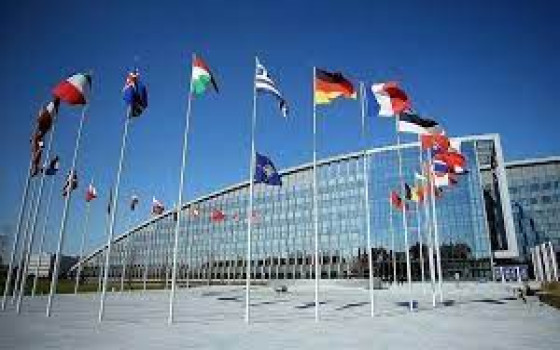
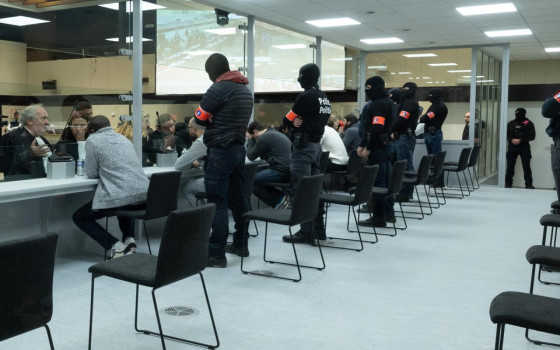

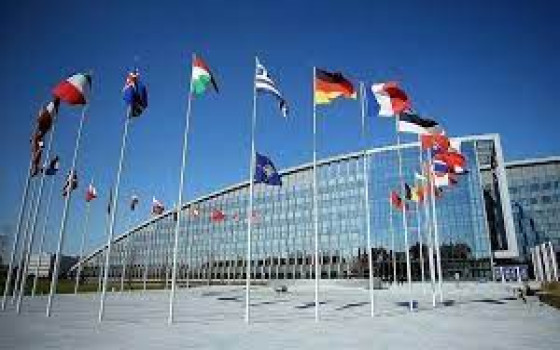
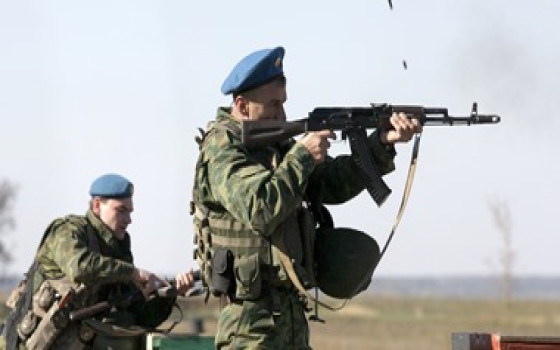
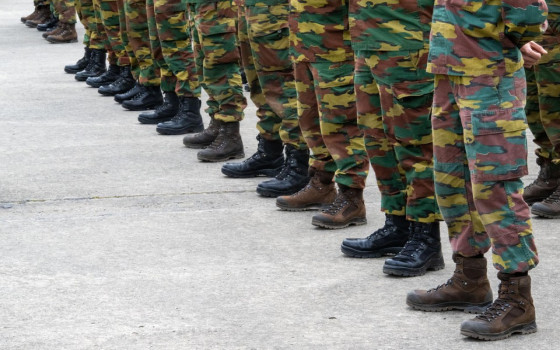

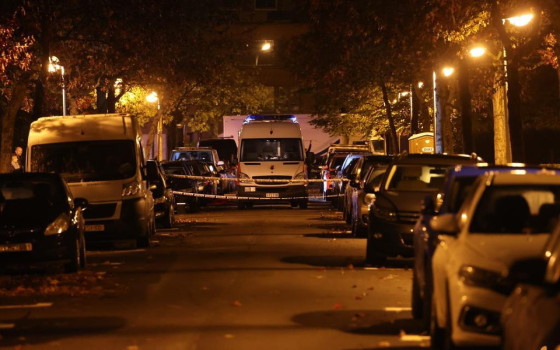
No Comments Found